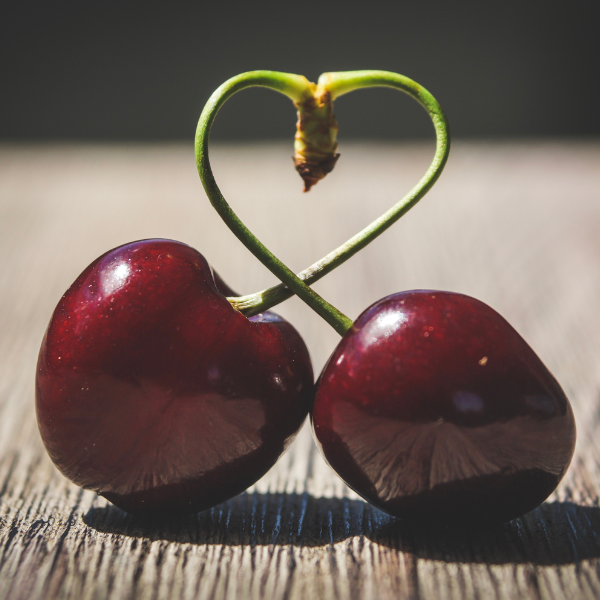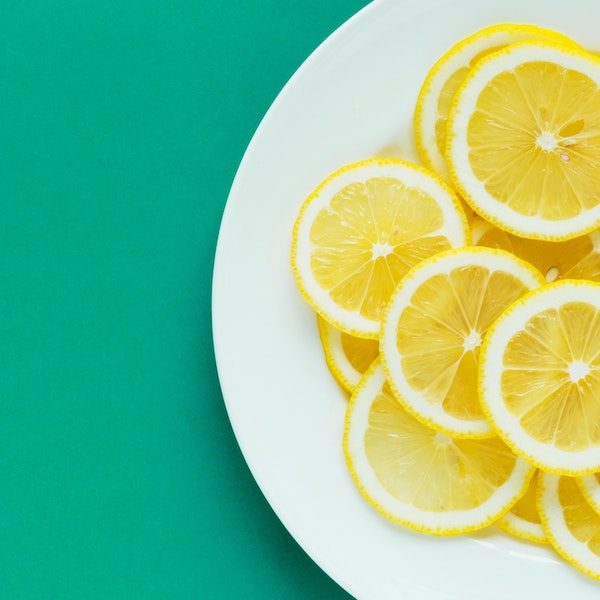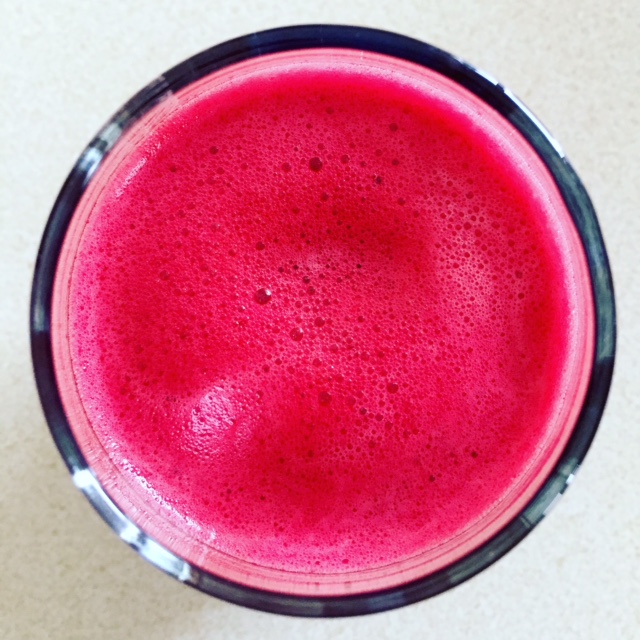Cherries, those vibrant, ruby-red gems, aren’t just a treat for your taste buds — they’re a powerhouse of nutrition with unique health benefits. Whether you enjoy them fresh, dried, or in juice form, cherries offer a wealth of wellness perks that can enhance your overall health. From reducing inflammation to promoting better sleep and supporting heart health, these small fruits pack a serious punch. In this blog post, we’ll explore the numerous health benefits of cherries, and why this sweet and tart superfruit deserves a place in your diet.
Nutritional Profile of Cherries
Here’s a snapshot of what you’re getting when you enjoy a cup (about 154 grams) of fresh cherries:
- Calories: 97
- Protein: 2 grams
- Fat: 0.3 grams
- Carbohydrates: 25 grams
- Fiber: 3 grams
- Vitamin C: 18% of the Daily Value (DV)
- Vitamin A: 5% of the DV
- Vitamin K: 4% of the DV
- Potassium: 10% of the DV
- Magnesium: 6% of the DV
- Iron: 2% of the DV
Macronutrients
Cherries are a great source of carbohydrates, which provide energy, and they’re low-glycemic, so they won’t create a blood sugar surge. They also contain small amounts of protein and are a great source of dietary fiber. This fiber helps with digestion, keeps you feeling full longer, and contributes to overall gut health.
Micronutrients
- Vitamins: Cherries are rich in vitamin C, and are also a source of vitamins A and K. Vitamin C is essential for immune function and skin health, vitamin A supports vision and skin health, and vitamin K is important for blood clotting and bone health.
- Minerals: Cherries contain potassium, which helps regulate blood pressure. They also contain magnesium, which is crucial for muscle and nerve function, and iron essential for oxygen transport throughout the body.
Phytonutrients
Cherries are loaded with antioxidants, such as anthocyanins and quercetin, which help fight free radicals and reduce inflammation.
Health Benefits of Cherries
Antioxidant Powerhouse
The high antioxidant content in cherries helps combat oxidative stress, which can damage cells and contribute to aging and diseases like cancer. Anthocyanins, the pigments giving cherries their red color, are particularly effective in neutralizing harmful free radicals. These antioxidants also protect against oxidative damage to vital organs, including the brain, which may lower the risk of neurodegenerative diseases like Alzheimer’s.
Anti-Inflammatory Properties
Due to their anthocyanin and flavonoid content, cherries have been shown to reduce inflammation, which is at the root of many chronic conditions, including arthritis. Regular consumption of cherries may help alleviate symptoms of inflammatory conditions, improve joint function, and enhance overall well-being.
Heart Health
The potassium in cherries helps regulate blood pressure by balancing out the effects of sodium. Additionally, the antioxidants in cherries help protect the heart by reducing inflammation and oxidative stress.
Sleep Aid
Cherries are a great sleep aid! They are one of the few natural food sources of melatonin, a hormone that regulates sleep. They also contain tryptophan and serotonin, which further support a healthy sleep cycle. Consuming cherries, especially tart cherries or cherry juice, can improve sleep quality and help manage sleep disorders like insomnia. Amazing!
Uric Acid Reduction
Cherries have been found to help reduce uric acid levels in the body, making them particularly beneficial for those suffering from gout. Uric acid is a waste product found in the blood. High levels can lead to gout, a form of arthritis characterized by sudden, severe attacks of pain, swelling, and redness in the joints. Studies suggest that consuming cherries or cherry juice can lower uric acid levels and reduce the frequency of gout attacks by reducing inflammation and promoting uric acid excretion.
Muscle Recovery
The anti-inflammatory and antioxidant properties of cherries can help reduce muscle soreness and damage after intense exercise. This is largely due to the presence of anthocyanins, which help decrease oxidative stress and inflammation in the muscles. Studies have shown that athletes who consume tart cherry juice experience less muscle pain and a quicker recovery time compared to those who don’t.
Exploring Different Types of Cherries
Cherries come in various types, each with its unique flavor and uses. Here are some popular varieties:
- Sweet Cherries: Often eaten fresh and are known for their sweet, juicy flavor.
- Tart Cherries: Also known as sour or Montmorency cherries, these are often used in cooking and baking, as well as used to make cherry juice and supplements, due to their high melatonin content.
- Black Cherries: These have a deep, dark color and a rich, sweet flavor. They are often used in jams and desserts.
- Chokecherries: Though not as commonly consumed fresh due to their astringent taste, chokecherries are sometimes used in syrups and jellies.
The Dark Side of Maraschino Cherries
While fresh cherries are a fantastic health food, not all cherries are created equal. Maraschino cherries, those ones found topping sundaes or cocktails, start as real cherries but undergo extreme processing that strips away their nutritional value, with some pretty nasty additions thrown in. Here’s what typically happens to those maraschino cherries on store shelves:
- Bleaching: Fresh cherries are soaked for four to six weeks in a brine solution that contains sulfur dioxide and calcium chloride, which preserves them and removes their natural color.
- Sweetening: The cherries are then soaked in a syrup made of high fructose corn syrup and artificial almond flavor for another month.
- Coloring: They are then dyed with artificial color Red 40 to give them their bright red hue.
The result is a product that is far removed from the nutritious, antioxidant-rich fresh cherries they started out as.
While I’m not opposed to enjoying a Maraschino atop a hot fudge sundae from time to time, please don’t go for those varieties and think your’e getting any of the benefits you would from fresh, frozen, or dried cherries! And when it comes to dried cherries, check the ingredients to make sure they’re not laden with added sugars and extra ingredients.
Sources:
https://recipes.howstuffworks.com/food-science/maraschino-cherries.htm
https://www.ncbi.nlm.nih.gov/pmc/articles/PMC5872786
https://www.prevention.com/food-nutrition/a27968087/benefits-of-sweet-cherries
https://www.urmc.rochester.edu/encyclopedia/content.aspx?ContentTypeID=76&ContentID=09070-1



